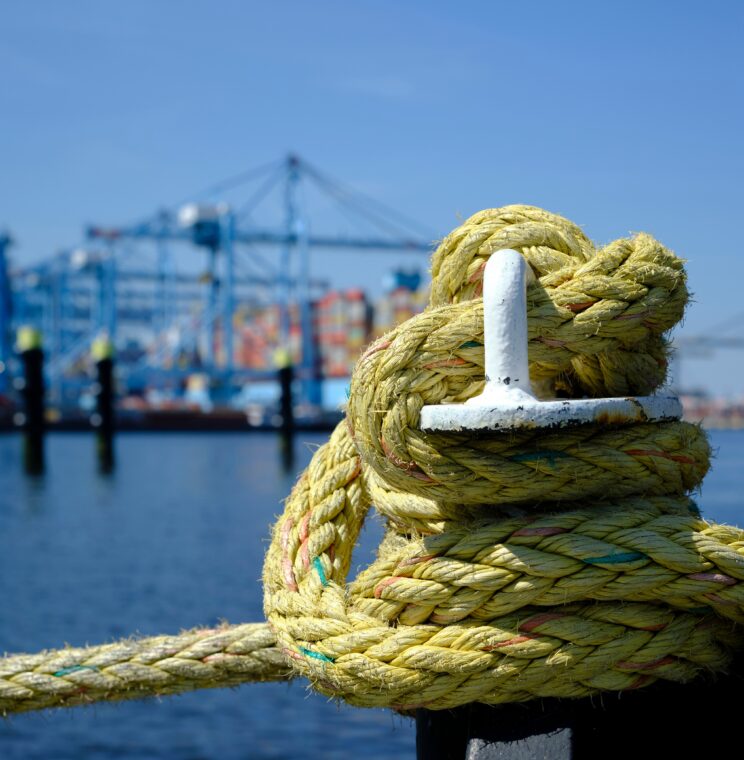Development of the importance of (fossil) energy for the Dutch economy
The Dutch economy is increasingly energy efficient. In other words, we are using less and less energy for what we produce. In addition, energy-related activities yield less and less for the Dutch treasury. The main reason for this is the contraction of domestic natural gas production in recent years. Nevertheless, our economy still runs mainly on fossil energy. The relatively large contribution of energy-intensive sectors to the growth of our GDP plays an important role in this. In the short to medium term, we foresee that fossil energy will remain important in keeping the Dutch economy running. However, if large-scale capture and storage or processing of CO2 is decided upon, we predict a limited role for fossil energy towards 2050 at most.
For the Ministry of Economic Affairs and Climate (EZK) we investigated the development of the use and production of (fossil) energy in the Netherlands and its importance for the Dutch economy.
To find out, we look, among other things, at the development of the energy intensity of the Dutch economy and individual sectors, domestic extraction of energy and energy-related state revenues. We also forecast future energy production, transportation and consumption.
To answer the research question, we use literature review and data analysis. The data analysis is largely based on public statistics and scientific studies.
Declining energy intensity
The analysis shows that the Netherlands is generating more and more economic value with smaller amounts of energy. This declining trend in energy intensity is expected to continue due, on the one hand, to further energy savings and, on the other, to the growth of the share of the service sector in our economy. In addition, economic activities generate less and less for the Dutch treaskats. This is mainly due to the winding down of gas production at home. This decline is somewhat offset by an increase in government revenues due to taxes and levies on energy production and consumption.
Share of fossil energy
Despite declining energy intensity, the Dutch economy (still) runs primarily on fossil energy. In the Netherlands, the growth of renewable energy production started relatively late. Compared to neighboring countries, the share of fossil energy in our energy mix is therefore still high. This share is expected to decline sharply, mainly due to the increase in renewable energy production in our country. In the energy system of the future, fossil sources will only play a limited role if it is decided to capture and store or process CO2 on a large scale.
All in all, our findings offer an insightful look at the energy flows that keep our economy running, how they will change in the future, and the implications for our economy’s ability to generate wealth.
For more information, read the research report in Dutch (pdf).

7 November 2022
2 minute read
Sectors
Key Experts
Kurt Kreulen
Consultant
Maurice Thijsen
Senior Consultant
Yoeri Dijkhof
Senior Consultant



